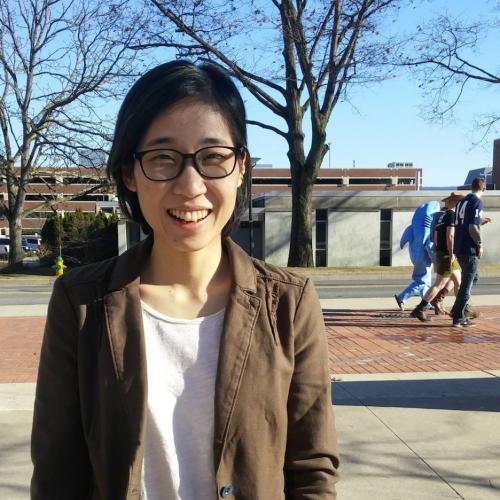Title: Toward Inclusive and Accessible Self-Tracking
Eun Kyoung Choe is an Associate Professor in the College of Information Studies at the University of Maryland, College Park. Her research bridges the fields of Human-Computer Interaction (HCI), Health Informatics, and Ubiquitous Computing. With an overarching goal of empowering individuals, her research centers on examining major challenges people face in leveraging personal data, such as personal data collection and exploration. More recently, she has been exploring multimodal interaction as a means to collect rich personal data, promote reflection, and help people dive into their data. Her work has been funded by the National Science Foundation, National Institutes of Health, and Microsoft Research. She has been serving on the editorial boards of PACM IMWUT and Foundations and Trends in Human-Computer Interaction. She received her Ph.D. in Information Science from University of Washington, M.S. from University of California, Berkeley, and B.S. from KAIST.
Jong Ho Lee is a PhD student in the College of Information Studies at the University of Maryland, College Park. His research is in the field of Human-Computer Interaction, where he is interested in understanding how people use technology, and building accessible tools. He is particularly interested in how self-tracked data can be utilized to make tools more personalized for individuals with disabilities. He is currently working on how tracking activities using multiple modalities can be used to support stroke survivors set personalized therapy goals. He completed his M.S. in Computer Science from the University of California, Irvine, and B.S. in Computer Science and Engineering from Chung-Ang University in South Korea.
Abstract:



